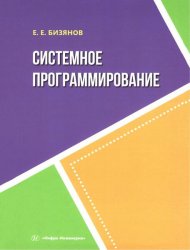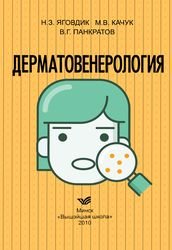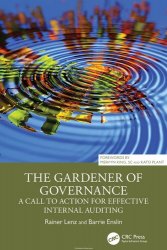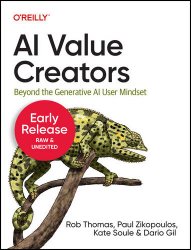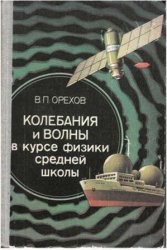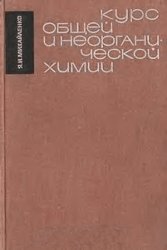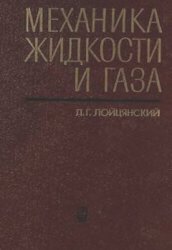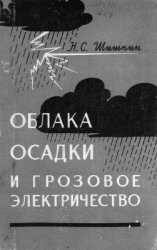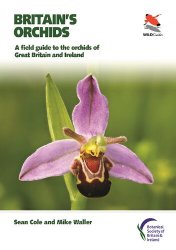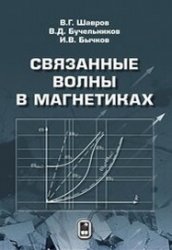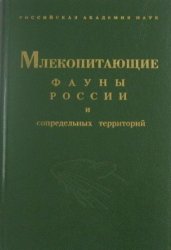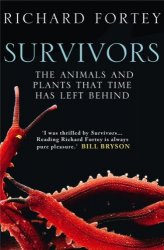 Название: Survivors: The Animals and Plants That Time Has Left Behind
Название: Survivors: The Animals and Plants That Time Has Left BehindАвтор: Richard A. Fortey
Издательство: HarperPress
Год: 2011
Формат: EPUB
Размер: 43 Мб
Язык: английский / English
An awe-inspiring journey through the eons and across the globe, in search of visible traces of evolution in the living creatures which have survived from earlier times and whose stories speak to us of seminal events in the history of life. The history of life on Earth is far older – and far odder – than many of us realise. In ‘Survivors’, acclaimed author Richard Fortey traces this history not through fossil records, but in the living stories of organisms that have survived nearly unchanged for hundreds of millions of years and whose existence today affords us tantalising glimpses of landscapes long vanished. For evolution has not obliterated its tracks. Scattered across the globe, strange and marvellous plants and animals have survived virtually unchanged since life first began. They range from humble algal mats dating back almost two billion years to hardy musk oxen, which linger as the last vestiges of Ice Age fauna.

